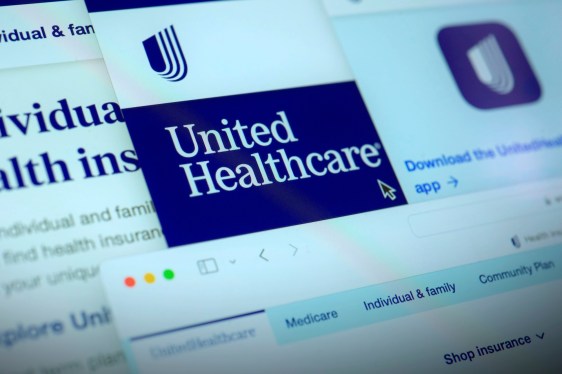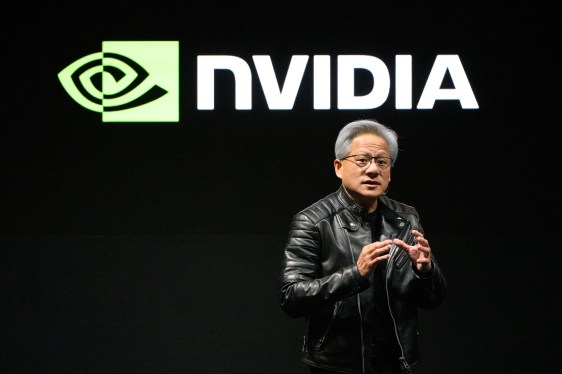Introduction
In one of the most damaging cybersecurity breaches in recent history, UnitedHealth Group (UHG), a global leader in healthcare and insurance, was forced to pay a hefty ransom after hackers accessed sensitive patient data. The incident, which occurred earlier this year, involved the U.S.-based company Change Healthcare, which specializes in managing healthcare claims and providing data to insurance providers. Over 53 million U.S. customers were impacted by the breach, marking one of the largest-scale breaches involving personal health information.
The Ransomware Attack
The attack began when hackers exploited a series of vulnerabilities in Change Healthcare’s systems to gain unauthorized access to sensitive patient records. According to UHG’s chief executive officer (CEO), Andrew Witty, the attackers used "stolen credentials" — credentials that had been obtained from previous breaches — to bypass traditional security measures such as multi-factor authentication (MFA). This method of accessing systems without password-based verification was a critical flaw in Change Healthcare’s cybersecurity infrastructure.
The ransom note, which appeared to be hand-delivered by the hackers, demanded a hefty payment in cryptocurrency. The attackers stated that they would not release the stolen data until UHG agreed to pay $1.2 billion (approximately 340 bitcoins at the time). Although UHG initially refused the demand, the company ultimately complied after pressure from its stakeholders and customers.
The Impact on UnitedHealth Group
UHG’s relationship with Change Healthcare is central to its operations. As part of a $7.8 billion merger announced earlier in 2022, UHG acquired Optum, a major healthcare provider and data analytics company based in Mn. Optum provides access to Change Healthcare’s vast patient database, which includes medical records for over 53 million U.S. customers. The breach exposed sensitive health information such as names, Social Security numbers, addresses, email accounts, medical treatment details, and dates of birth.
The impact was catastrophic for UHG. Not only did the company face reputational damage, but it also suffered significant financial losses. According to internal emails and documents obtained by TechCrunch, UHG had already spent $10 million on measures to secure its systems before the breach occurred. This included efforts to identify potential vulnerabilities and mitigate risks.
Cybersecurity Lessons Learned
The attack highlighted several critical weaknesses in Change Healthcare’s security protocols. One of the most notable flaws was the lack of multi-factor authentication (MFA) for key administrative accounts. Witty later stated that "system was not protected with MFA," a claim that remained unverified by TechCrunch, which attempted to gain access to UHG’s network through compromised credentials.
The incident also underscored the growing importance of cybersecurity in the healthcare sector. With an increasing reliance on data analytics and electronic health records (EHRs), providers are more vulnerable to cyber threats. For UHG, this meant that even a breach of Change Healthcare’s systems could have devastating consequences for its ability to serve patients effectively.
Post-Breach Developments
In response to the attack, UHG has taken steps to strengthen its cybersecurity infrastructure. CEO Witty recently emphasized the company’s commitment to improving security measures following the incident. According to internal emails, UHG has invested heavily in new technologies and protocols designed to prevent future breaches.
The merger with Optum presents an opportunity for UHG to expand its healthcare capabilities while ensuring that all systems are equipped with robust security safeguards. Optum’s focus on data analytics can help UHG better protect patient records by identifying potential threats before they materialize.
The Merger with Optum: A Double-Edged Sword
While the merger with Optum is a significant strategic move for UHG, it also raises concerns about potential conflicts of interest. As part of the deal, UHG gains access to Change Healthcare’s vast patient database, which could be used to target vulnerable patients in ways that could undermine their trust.
Optum’s role within UHG has been met with both enthusiasm and skepticism. Some experts believe that Optum’s expertise in data analytics can help UHG improve its cybersecurity measures. Others worry that the merger may lead to a "tying up" arrangement, where UHG is forced to share proprietary information with Optum as part of the deal.
Antitrust Scrutiny
The merger between UHG and Optum has also drawn significant attention from antitrust authorities in the United States. The Department of Justice (DoJ) and the Federal Trade Commission (FTC) are investigating whether the proposed transaction could harm competition in the healthcare sector. The focus of the investigation appears to be on whether UHG’s acquisition of Optum could lead to higher prices for consumers or reduced access to healthcare services.
The antitrust scrutiny is particularly relevant given that UHG and Change Healthcare have a history of collaborating on data sharing initiatives. While some critics argue that such partnerships are necessary for advancing medical research, others believe that they create opportunities for anti-competitive practices.
Conclusion
The ransomware attack on Change Healthcare has had far-reaching consequences for UnitedHealth Group and the healthcare industry as a whole. The breach exposed critical vulnerabilities in UHG’s security infrastructure and highlighted the need for greater vigilance in protecting sensitive patient data. While UHG has taken steps to address the issue, the long-term implications of the merger with Optum and potential antitrust scrutiny remain a significant concern.
As healthcare organizations continue to rely on advanced analytics and EHRs, the importance of cybersecurity will only grow. For UHG and other companies in the industry, the lessons learned from this attack will be crucial in shaping their future strategies and ensuring patient safety in an increasingly digital world.



